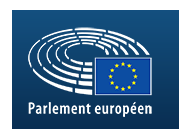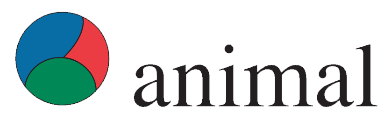Document type Answer to question E-000948/2023 from the European Commission
Authors: question: Sarah Wiener (Greens/EFA). Answer: Ms Kyriakides on behalf of the European Commission
Question: Malnourished calves in Europe
White veal is a popular meat, but it has become apparent that calves are suffering from iron deficiency. To protect their health, Directive 2008/119/EC, which lays down minimum standards for the protection of calves, provides that calves should have an average blood haemoglobin level of at least 4.5 mmol/litre and should be fed proportionate amounts of roughage from when they are two weeks old. Member States are responsible for transposing the directive, but no systematic data has been collected on this process. According to independent investigations and the Commission itself, the directive is not being transposed properly. Moreover, the European Food Safety Authority actually recommends an average blood haemoglobin level of 6 mmol/litre to ensure the welfare of these animals.
Despite the directive and its transposition in Austria, the standards for the protection of calves are being disregarded and undermined, as calves are being exported to other countries both within and outside Europe. They are then reimported into the EU as veal. More rules may well have been infringed during the transportation of the calves.
1. What data does the Commission have on the feeding and transportation of calves in Europe, and how will data collection on this be improved in the future?
2. In light of the upcoming revision of animal welfare legislation, how does the Commission plan to ensure that calves are adequately fed throughout the EU?
Answer: Iron-deficiency anemia is one of the major welfare hazards for white veal calves. The European Food Safety Authority (EFSA) Scientific Opinion concluded that there are very few accessible data on the prevalence of anemia in the white veal farming sector[1]. Nevertheless, based on precautionary principle, EFSA recommends that measures should be implemented to avoid the hemoglobin of less than 5.3 millimole/liter in calf blood.
1. There is no requirement for collection of data on feeding of calves at the EU level. Such data is therefore not readily available to the Commission.
The information on transport of calves is available to the Commission via the Trade Control and Expert System (TRACES) platform providing electronic veterinary certification for trade of animals within the EU as well as imports and exports[2].
2. The Commission is currently carefully assessing policy options to improve welfare of this category of animals. The issue of anemia of calves is given due consideration in relation to the upcoming revision of the EU legislation. In doing so, the Commission is taking into account the scientific opinion provided by EFSA, as well as the relevant economic and social considerations.




